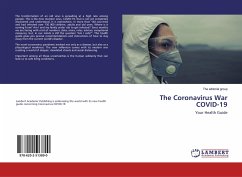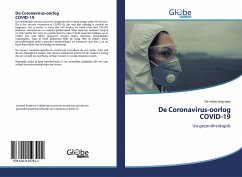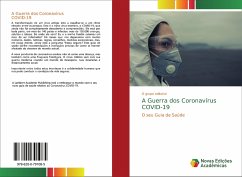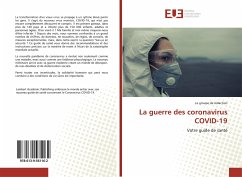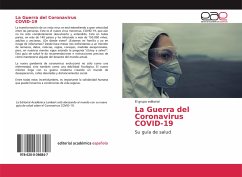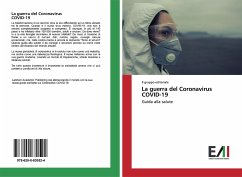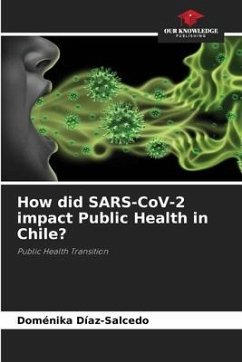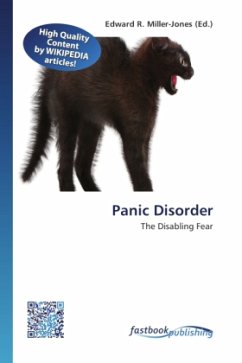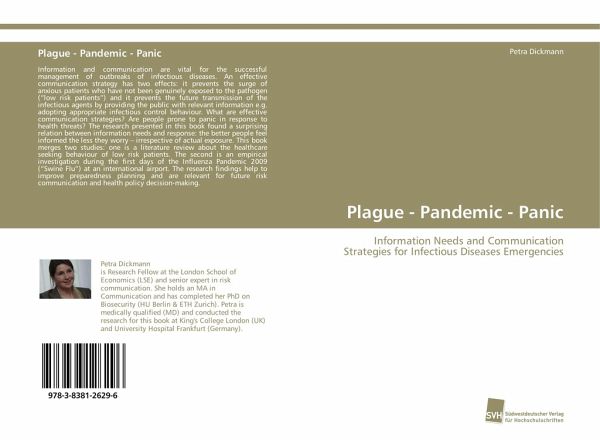
Plague - Pandemic - Panic
Information Needs and Communication Strategies for Infectious Diseases Emergencies
Versandkostenfrei!
Versandfertig in 6-10 Tagen
36,99 €
inkl. MwSt.

PAYBACK Punkte
18 °P sammeln!
Information and communication are vital for the successful management of outbreaks of infectious diseases. An effective communication strategy has two effects: it prevents the surge of anxious patients who have not been genuinely exposed to the pathogen ("low risk patients") and it prevents the future transmission of the infectious agents by providing the public with relevant information e.g. adopting appropriate infectious control behaviour. What are effective communication strategies? Are people prone to panic in response to health threats? The research presented in this book found a surpris...
Information and communication are vital for the successful management of outbreaks of infectious diseases. An effective communication strategy has two effects: it prevents the surge of anxious patients who have not been genuinely exposed to the pathogen ("low risk patients") and it prevents the future transmission of the infectious agents by providing the public with relevant information e.g. adopting appropriate infectious control behaviour. What are effective communication strategies? Are people prone to panic in response to health threats? The research presented in this book found a surprising relation between information needs and response: the better people feel informed the less they worry - irrespective of actual exposure. This book merges two studies: one is a literature review about the healthcare seeking behaviour of low risk patients. The second is an empirical investigation during the first days of the Influenza Pandemic 2009 ("Swine Flu") at an international airport.The research findings help to improve preparedness planning and are relevant for future risk communication and health policy decision-making.



